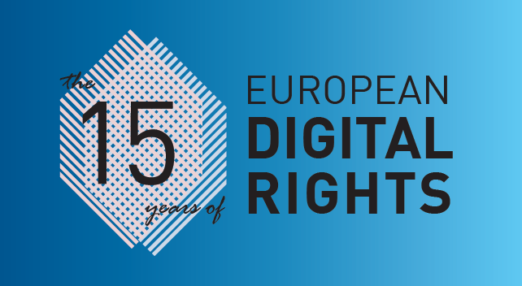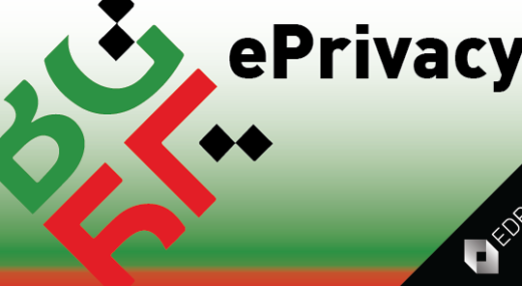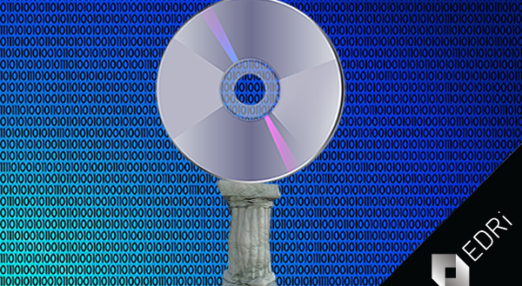Our work
EDRi is the biggest European network defending rights and freedoms online. We work to to challenge private and state actors who abuse their power to control or manipulate the public. We do so by advocating for robust and enforced laws, informing and mobilising people, promoting a healthy and accountable technology market, and building a movement of organisations and individuals committed to digital rights and freedoms in a connected world.
Filter resources
-

Privacy at ICANN: WHOIS winning?
The Internet Corporation for Assigned Names and Numbers (ICANN) has struggled over the publication of the name, address, phone number, and email address of domain name registrants since its inception in 1998. That registry is called WHOIS.
Read more
-

Cambridge Analytica access to Facebook messages a privacy violation
Less than one month after Cambridge Analytica Whistleblower Christopher Wiley exposed the abuse of (so far) 87 million Facebook users’ data, Facebook Co-Founder, Chairman, and CEO Mark Zuckerburg testified before the US Congress.
Read more
-

DPAs require urgent action on air passenger surveillance
The Working Party 29 (WP29) is an advisory body composed of representatives from the data protection authority of each EU Member State, the European Data Protection Supervisor (EDPS) and the European Commission.
Read more
-

Hermes Center demands investigation of NAT-related data retention
On 27 March 2018, EDRi member Hermes Center for Transparency and Digital Human Rights filed a request with the Italian Data Protection Authority (DPA) to investigate on the widespread practice of logging Network Address Translations (NAT) by most of the telecommunication operators.
Read more
-

EU “e-evidence” proposals turn service providers into judicial authorities
Today, 17 April, the European Commission unveiled two proposals: a Regulation on cross-border access to and preservation of electronic data held by service providers and a Directive to require service providers to appoint a legal representative within the EU. The core of the Commission’s “e-evidence” initiative is that national judicial or administrative bodies can ask […]
Read more
-

Stop the #CensorshipMachine!
In September 2016 the European Commission proposed a controversial Copyright Directive that, if accepted, will threaten our freedoms online. The European Parliament Committee on Legal Affairs (JURI) is set to vote on the issue in June, and your action is needed to stop the “censorship machine”! What can you do? See the list of JURI Committee […]
Read more
-

Fundamental Rights Agency report: The risks from biometrics and EU IT systems
On 27 March 2018, the Fundamental Rights Agency (FRA) published a report entitled “Under watchful eyes: biometrics, EU IT systems and fundamental rights” . The report analyses the impact of technologies used for immigration and security purposes on the right to privacy and data protection.
Read more
-

15 years of digital rights achievements
In 2018, EDRi turned 15! The entire network is proud to celebrate this anniversary and its digital rights victories.
Read more
-

ISOC BG: Big speeds, Big Brother, big Bulgarian activism
In this blogpost published on the occasion of the 15th anniversary of EDRi we present our member ISOC Bulgaria.
Read more
-

IT Pol: Activism made it to the museum
In 2005, Danish EDRi member IT-Political Association of Denmark (IT-Pol) successfully advocated for a resolution (B-103) for open standards in IT systems used by the government, which the Parliament adopted unanimously.
Read more
-

Modern Poland Foundation: protecting access to culture and knowledge
In this blogpost published on the occasion of the 15th anniversary of EDRi we present our member Modern Poland Foundation.
Read more
-

Wikimedia: A licence for success
In this blogpost published on the occasion of the 15th anniversary of EDRi we present our member Wikimedia Germany.
Read more
